A Glimpse Into The Future of Social Studies at Haverford
Starting next year, Haverford will introduce an array of new social studies electives, which will allow Fords to gain a broader understanding of the humanities outside of an established curriculum track. The fact that many of these courses correspond to their teacher’s field of specialty means that students taking these courses will have the chance to see what their teachers are passionate about.
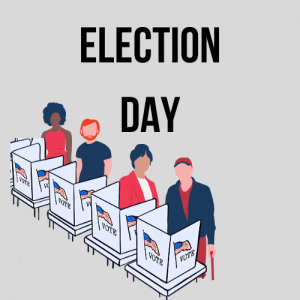
“Elections,” where students will learn about the influence and importance of electoral debates, party conventions, types and strategies of political advertising, and patterns of party realignments, is one of the many new electives. As written in the Declaration of Independence, “We hold these truths to be self-evident, that all men are created equal, that they are endowed by their Creator with certain unalienable rights, that among these are life, liberty and the pursuit of happiness.” Hence, everybody has a right to vote and have an opinion. Then, this class seems the way to go. “If people want to engage in the political process in a meaningful way and understand the process, there will be a need to take the course,” said Social Studies teacher Charles Withers. This quarter class will be held once every four years to prepare students to vote and make the choice for themselves.
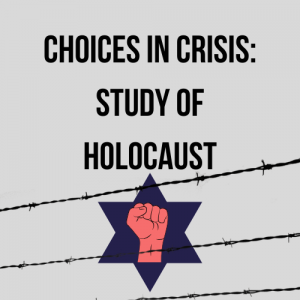
“Choices in Crisis: Study of the Holocaust” taught by Social Studies teacher Jennifer Borck-Hadley will examine the choices different individuals and groups faced during the Holocaust. This course intends to teach students to make connections to themselves, and decisions on their own. “I think offering this elective is a great opportunity. It is quite beneficial, and although it is not required, students should take this” says Borck-Hadley. This quarter class is open to all grade levels.
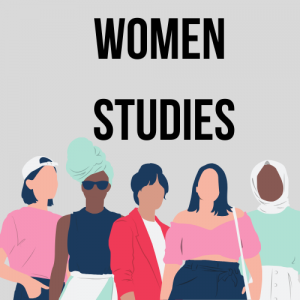
“Each time a woman stands up for herself, without knowing it possibly, without claiming it, a woman stands for all the women,” said Maya Angelou. We are in the 21st century, and although women and men are considered equal, differences continue to exist. So the real question is what can we do and how can we overcome these barriers? “Women’s Studies, Her story, The Other 50 percent” is brought to you by Social Studies teacher Jaqueline Hallam. Students who take this elective will examine the portrayal of women in the media today compared to other countries and look at women over time through the different lenses as the years go by. Today, women’s roles have changed both historically and globally. Now is the time to expand your worldview, discovering issues you never thought of and exploring the idea of women empowerment.
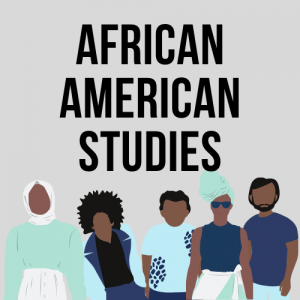
Racism has long been a part of our collective history, and it still exists today in all shapes and forms. The question is, how can we help put an end to it? To find the answer, Social Studies teacher Leon Smith will teach African American Studies. In this elective, students will study African civilizations and focus on African Americans’ contributions to our country. Students will further explore the history of African Americans and their culture through excursions to the city of Philadelphia.
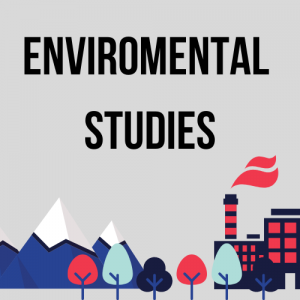
Over the years, the environment has become one of the major life-threatening issues in the world as we know it, so it is important to learn how we can fix these problems. Hence, you should consider taking Environmental History with Social Studies teacher Matthew Marran. In this quarter class, students will examine issues like resource scarcity, renewable vs. non-renewable energy, climate change, and the difficulties of achieving sustainability. In addition, students will make connections to transportation, food, climate, race, and suburbia. This course will prepare students to help make a positive environmental change.
Next year, students will have the opportunity to choose from all of these unique electives. Students will be able to learn about the issues affecting our society and how they can make a positive impact with their new knowledge.



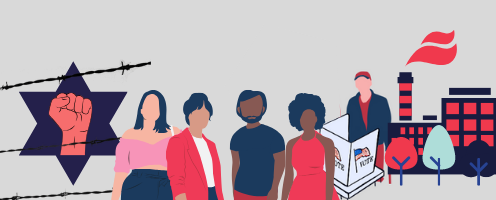

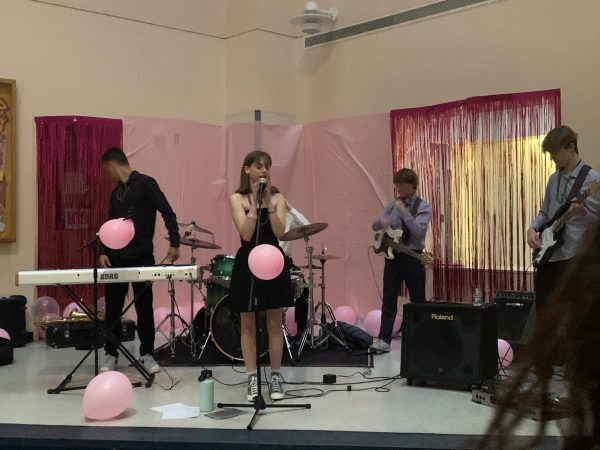

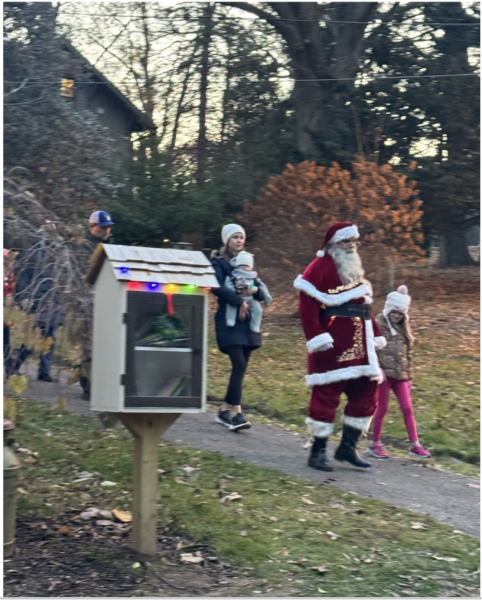
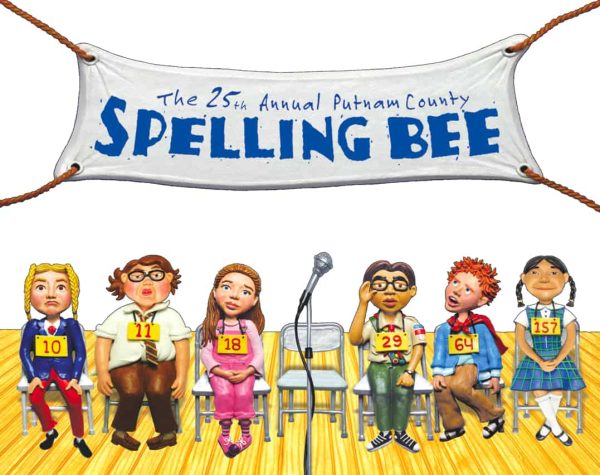


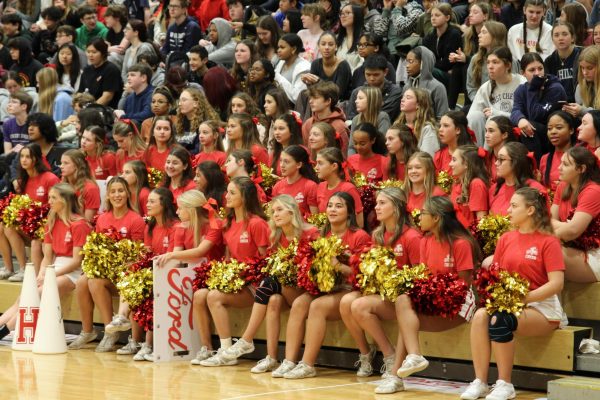
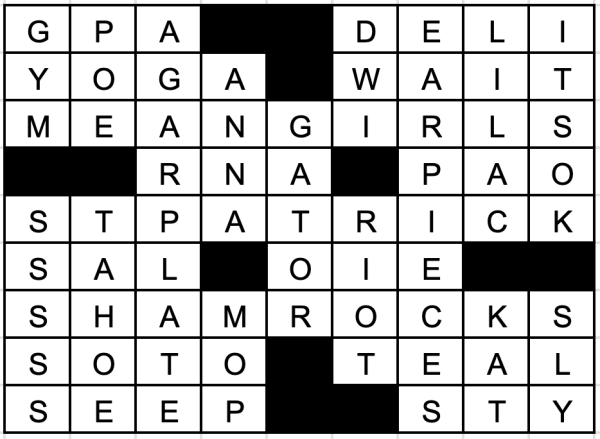

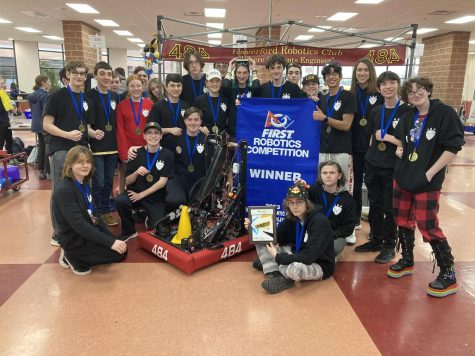
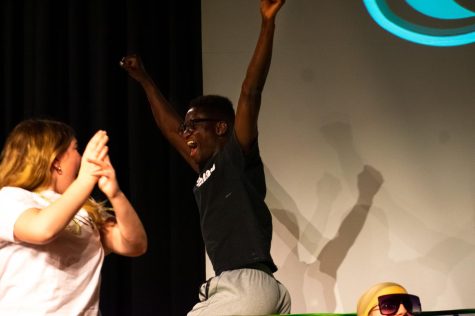
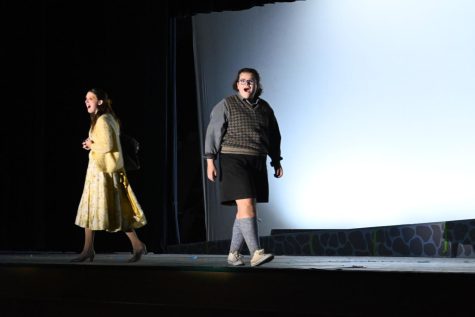
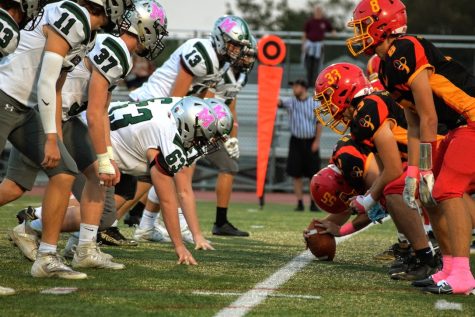
Rachel Plasky • Mar 3, 2020 at 9:14 am
Definitely more helpful than the course selection guide. Also, these graphics were very professional.